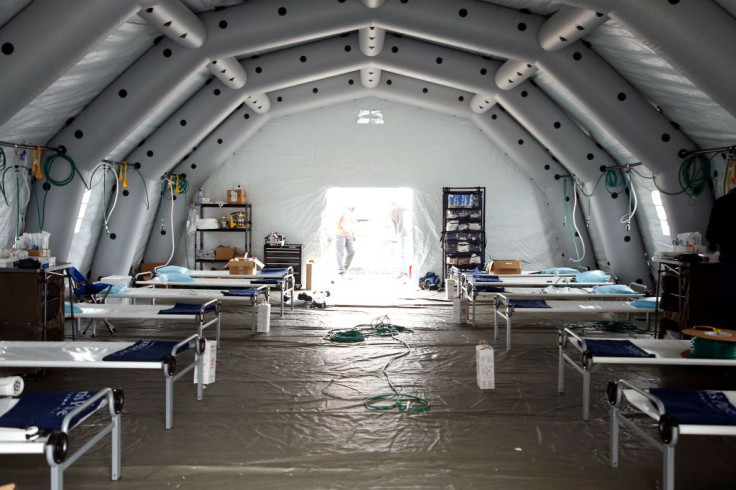Philosophers and vaccinologists around the world are advocating “human challenge” studies to expedite the process of developing a vaccine that will work against the novel coronavirus. While there are no public plans for such a study in the U.S., 14,000 people who are willing to participate in the challenge have already organized an advocacy group to push for the trials.
It usually takes 12 to 18 months to develop a coronavirus vaccine. Considering the rate at which the coronavirus infects and kills people, several groups believe that waiting for up to 18 months means having to extend social distancing measures to 2020 and laying millions of people’s lives more on the line.
Now, politicians and volunteers from the U.S. and other parts of the world are working towards launching human challenge studies to bring the coronavirus vaccine months earlier and prevent a worse second wave of the COVID-19 disease this winter. 35 members of the Congress have already expressed support for the initiative and the World Health Organization (WHO) has recently released a working document that outlines the criteria for an ethically acceptable design for the challenge.
“It’s not every day we give a healthy individual an exposure to a pathogen—the very same thing doctors are trying to protect people from,” said Dr. Nir Eyal of the Center for Population-Level Bioethics at Rutgers University. “But it becomes increasingly clear that the only sustainable exit from the current health and societal crisis is a vaccine, and there are ways to conduct such a trial that is perfectly ethical,” he added.
The human challenge is an ethically controversial way of testing vaccines, in which healthy people will deliberately be infected with the virus to see if vaccines that have already completed their initial safety testing will work. Such trials have a long history in medicine because deliberately infecting volunteers yields results more quickly than waiting for them to be infected in the community. However, they are risky without a drug or antibody therapy to treat the disease.
While the Food and Drug Administration (FHA) is not ruling out the idea of a human challenge, it has reservations. “Human challenge studies are a way to expedite the development of a vaccine to prevent COVID-19,” said the FDA. “Because these studies involve exposing volunteers to the virus, the studies raise a variety of potential scientific, feasibility, and ethical issues.”
The WHO noted that the human challenge should be limited to healthy young adults aged 18 to 30, in whom fatal infection rates are currently at about 0.03 percent. Now that more than 14,000 have already signed up for the challenge, the next step would be to determine how to administer the virus and to arrange a secure facility where the human challenge participants and staff will stay throughout the duration of the trials, which is at least four weeks.

© 2025 Latin Times. All rights reserved. Do not reproduce without permission.



